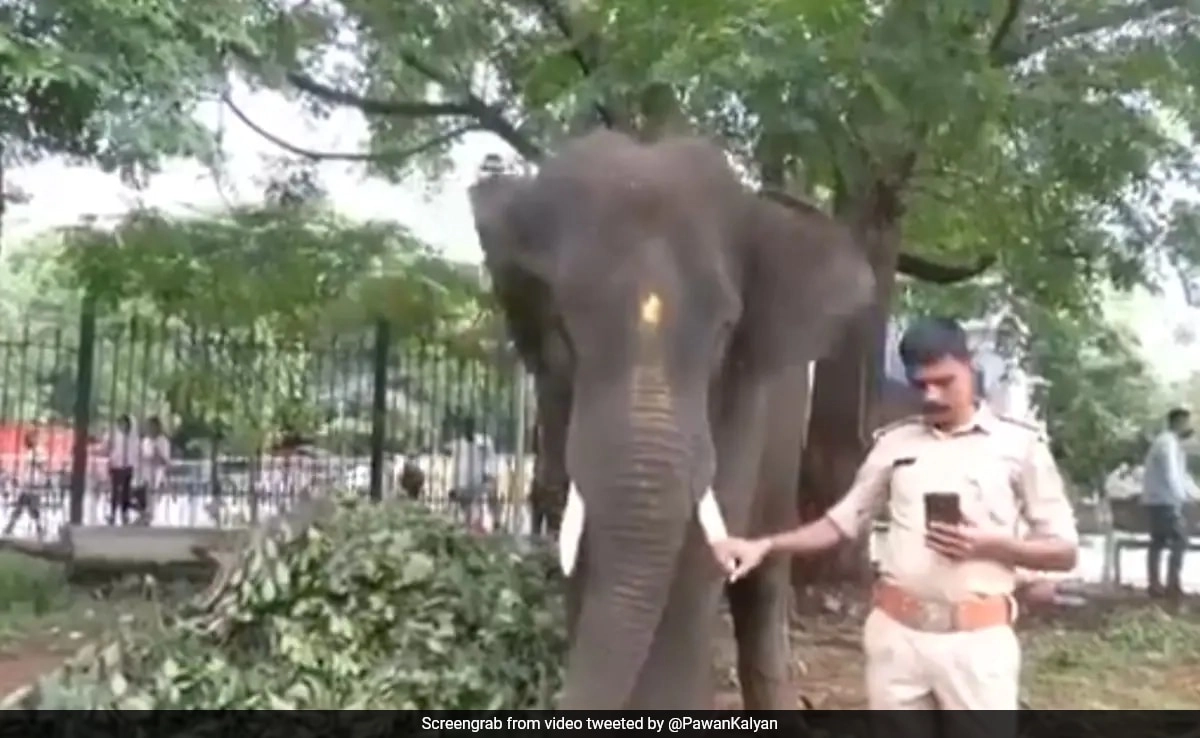In a remarkable gesture of inter-state cooperation, the government of Karnataka has recently donated six trained Kumki elephants to the state of Andhra Pradesh. This move is part of a broader effort to bolster wildlife management and enhance forest conservation initiatives in the region. Kumki elephants, known for their training and gentle temperament, play a vital role in various conservation activities, including capturing rogue elephants and assisting in anti-poaching efforts. The transfer of these elephants signifies not only a commitment to wildlife conservation but also highlights the importance of collaboration between states in India to address environmental challenges.
The elephants were selected for their exceptional training and suitability for various tasks, including helping to maintain ecological balance and supporting forest department operations in Andhra Pradesh. Their arrival is expected to significantly aid local wildlife authorities in managing human-elephant conflicts, which have been a growing concern in many forested areas. By utilizing trained Kumki elephants, the Andhra Pradesh government aims to mitigate these conflicts and promote a harmonious coexistence between local communities and wildlife.
This initiative underscores the importance of sharing resources and expertise across state lines to achieve common conservation goals. Karnataka’s gesture also reflects a growing recognition of the need for collaborative efforts in environmental management, especially in a country like India, where diverse ecosystems are under constant threat from urbanization, habitat loss, and climate change. The donation of these elephants is a significant step towards fostering such collaboration and demonstrates how states can work together to enhance wildlife protection strategies.
Furthermore, the successful integration of Kumki elephants into Andhra Pradesh’s wildlife management practices could serve as a model for other states facing similar challenges. The positive outcomes from this initiative may inspire further partnerships and resource sharing among different states, ultimately contributing to a more effective approach to wildlife conservation across the country. As the elephants settle into their new environment, the hope is that they will not only assist in immediate conservation efforts but also serve as ambassadors for the importance of wildlife and the need for sustainable practices that ensure the protection of India’s rich biodiversity.




